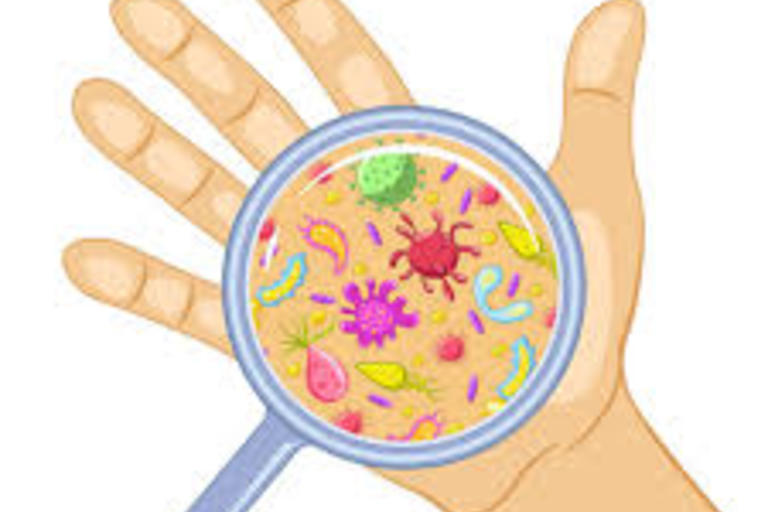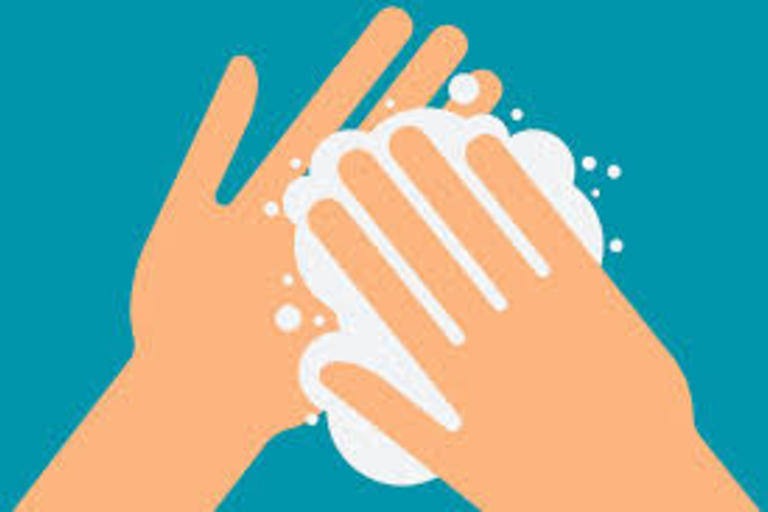COVID-19 Reporting
All cases of suspected illness, actual illness, or exposure to anyone who is sick with COVID-19 should be reported to covid@uncp.edu.

This page is dedicated to providing COVID-19 resources that may be of use to the university community.
Campus Information and Resources
North Carolina DHHS: Find my testing sites - Link to locate local COVID-19 testing sites
General Guidance and Resources for Employers
Cleaning and Disinfecting Your Facility
US Department of Labor COVID-19 Resources
General Guidance and Resources for Workers and the General Public
World Health Organization COVID-19 Website
Coronavirus Map
Downloadable Resources
Videos
How to properly put on and take off a face covering
How to properly remove gloves
This is cross-contamination
Associated Content

Working Safe at Home
Many of us are making the transition to full-time telework as we practice social distancing to prevent the spread of COVID-19. There are some important factors you should keep in mind when setting up your home office.
Read more here.

Germs
80% of infections are spread by touchpoints. The biggest help is handwashing and using cleaners to disinfect touchpoints.
Touchpoints are areas touched by multiple people, multiple times a day.
Read more here.

When and How to Wash Your Hands
Handwashing is one of the best ways to protect yourself and your family from getting sick. Learn when and how you should wash your hands to stay healthy.
Read more here.
COVID safety considerations
One of the most common coronavirus symptoms has reaffirmed the need for working smoke alarms in every home.
Each day USFA staff search the U.S. media to find home fire fatalities. Over the last several months we have seen many stories of people not being able to smell smoke in their home.
On January 15, a teenage girl, the only family member not suffering from coronavirus, smelled smoke and was able to get her family and pets out of the home safely.
Now is the time to remind your community about the importance of working smoke alarms. Smoke alarms not only provide an early warning of the fire, but if you are suffering from loss of smell, it may be the only warning you can depend upon.